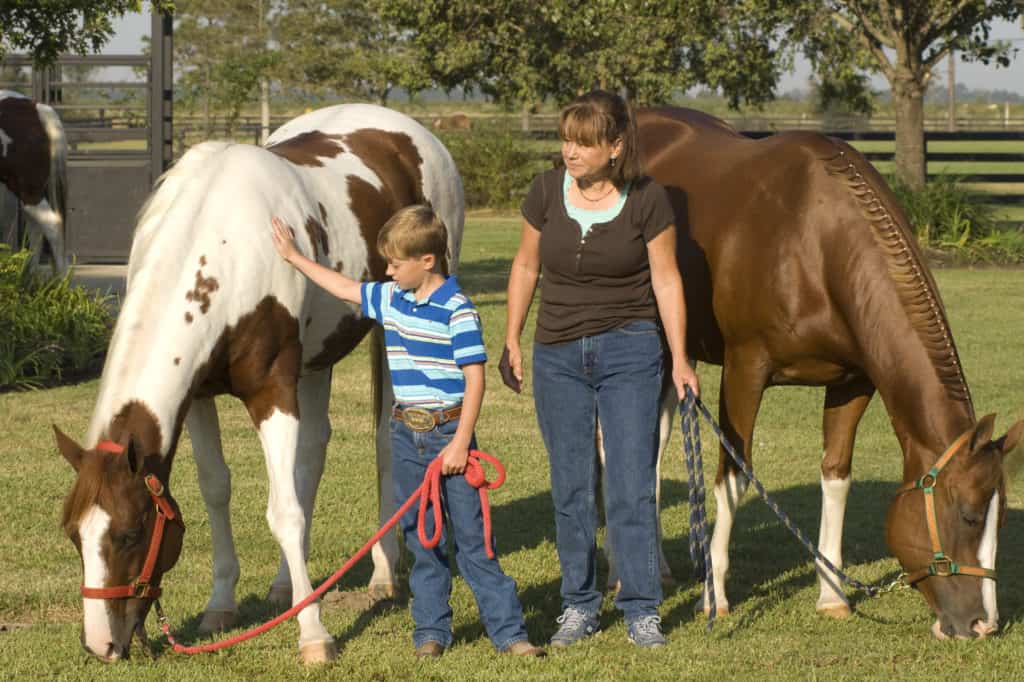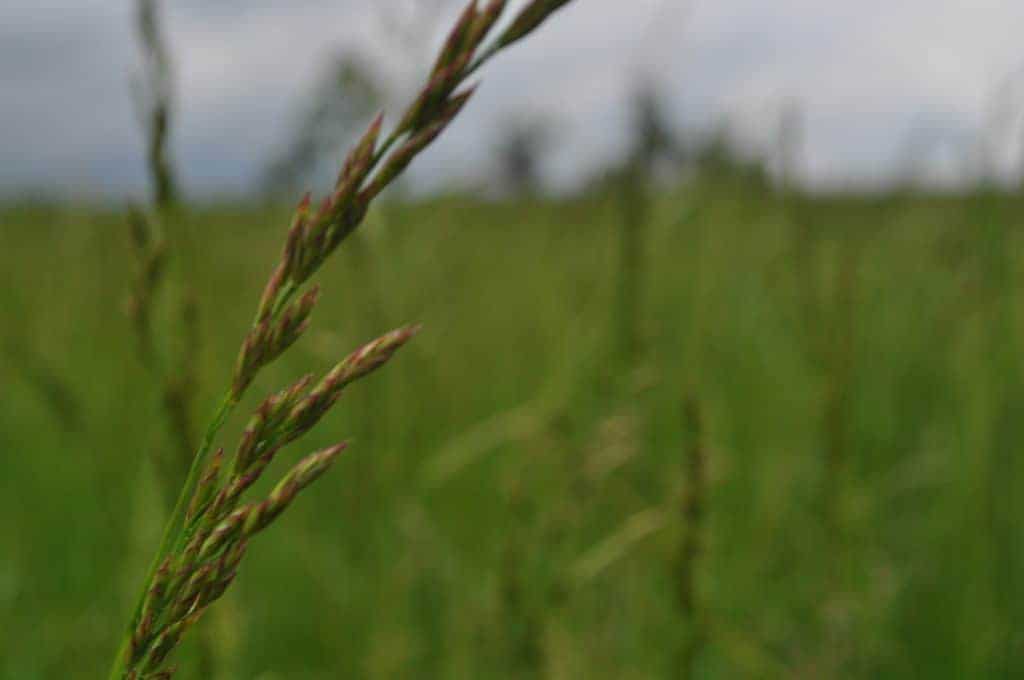

Early this year, frozen embryos that had undergone genetic testing were thawed and successfully transferred into the uteri of surrogate mares at Minitube International Center for Biotechnology in Mount Horeb, Wis.
The benefit of genetic testing of embryos is the ability to detect genetic diseases and traits prior to establishing a pregnancy. There are numerous diseases for which
Horses with allergic diseases, like recurrent airway obstruction, might have fewer parasites.
Koko the horse appeared to be a typical mare, but when she began acting overly aggressive and trying to mount her female counterparts, her owner became suspicious.
After a barrage of tests at the University of Guelph’s Ontario Ve
Equine metabolic syndrome is a devastating disease characterized by the three main features of obesity, insulin resistance, and laminitis. Certain breeds or individual horses are predisposed to EMS, and are often referred to as “easy keepers.” These
When Paul Megson attended the 2007 Keeneland November breeding stock sale with his young daughter, Valerie, he had his eye on a particular weanling that stood out from the hundreds of other catalog entries because of one obvious reason: his pur
Veterinarians might be able to prevent abortions in some pregnant mares that show premature mammary development, Dietrich H. Volkmann, BVSc, MMedVet (Gyn), Dipl. ACT, told equine veterinarians at the 2010 Western Veterinary Conference, held Feb

Dr. Ernie Bailey explains how advances in equine genetics have benefited veterinary medicine.
The High Risk Pregnancy in the Mare session at the 2009 AAEP Conference was very well attended.

How should a normal foaling progress and when should you call the vet? Dr. Mats Troedsson discusses the foaling process and its potential problems.
Non-steroidal anti-inflammatory drugs could assist vets managing persistent mating-induced endometritis (PMIE), a chronic inflammation of the lining of the uterine wall after breeding or artificial insemination, a leading cause of reduced ferti
What was the hottest news in equine veterinary medicine in 2009? During the popular Kester News Hour session at the annual American Association of Equine Practitioners (AAEP) Convention, three top veterinarians (who focus on equine reproduction
Researchers and graduate students from the University of Kentucky’s (UK) Gluck Equine Research Center attended the annual Plant and Animal Genome Conference (PAG), held Jan. 9 through 13 in San Diego, Calif., to share equine genomic researc
Fetal heart rate monitoring can help veterinarians easily and reliably assess the health of the unborn foal.

Broodmare farm operators in the southeastern United States are interested in managing tall fescue toxicity because of the pregnancy complications it can cause.
Irish researchers have found that horses with a specific mutation in the gene called myostatin (MSTN) have improved athletic performance.
“A variety of mammalian species with specific MSTN variants have characteris
Stay on top of the most recent Horse Health news with
"*" indicates required fields